
About this Event
The Racialisation of Currencies: Facilitating Reparatory Justice Through ADEJA
Introduction
The African Diaspora Equity and Justice Alliance (ADEJA) stands at the forefront of a groundbreaking movement to address the lingering injustices of slavery through innovative and actionable means. One such initiative is the racialisation of currencies to facilitate the delivery of reparatory justice for people classified as Black and Mixed-Black. This concept, spearheaded by ADEJA and financed by Reparation Nation Limited, applies the UK race and ethnicity codes to the nations of the world, highlighting how slavery impacts currency values. Through weekly discussion meetings, ADEJA aims to foster a global understanding of these complex issues and advocate for tangible reparations.
Understanding ADEJA
What is ADEJA?
ADEJA, or the African Diaspora Equity and Justice Alliance, is an organization dedicated to the well-being, empowerment, and pursuit of historical reparatory justice for Black Africans, the Black African diaspora, and the Mixed-Black diaspora. ADEJA's mission is grounded in an evidence-based approach, ensuring that each reparation claim is substantiated by historical and contemporary data. The organization recognizes and utilizes the British Police IC codes for racial and ethnic classification, which include:
- IC1: White Northern European
- IC2: Dark Southern European
- IC3: Black
- IC4: Asian
- IC5: Oriental
- IC6: Arab, Mixed-Race, Middle Eastern
- IC7-9: Unknown
Mission and Objectives
ADEJA's mission encompasses several key objectives:
- Empowerment: Enhancing the socio-economic status of Black and Mixed-Black communities.
- Unity: Fostering a sense of collective identity and solidarity among the African diaspora.
- Historical Justice: Addressing the historical injustices of slavery through reparatory measures.
Financing and Support
The initiative is financed by Reparation Nation Limited, an entity committed to supporting reparatory justice initiatives. ADEJA also aligns with the UK government in recognizing the importance of race and ethnicity codes for maintaining social cohesion and national security.
Explaining Currency
Definition and Function
Currency is a system of money in common use, particularly for people in a nation. It serves as a medium of exchange, a unit of account, a store of value, and sometimes, a standard of deferred payment. Modern currencies are typically issued by national governments and are accepted as legal tender for transactions.
Historical Context
Currencies have evolved from barter systems to metal coins, paper money, and now, digital currencies. The value of a currency is influenced by various factors, including economic stability, political stability, and historical events such as colonization and slavery.
Slavery and Currency Values
Historical Impact of Slavery on Economies
The transatlantic slave trade had profound economic impacts on both the African continent and the nations involved in the trade. Slavery contributed significantly to the wealth of European nations while devastating African economies. The exploitation and forced labor of enslaved Africans provided the labor force necessary for the economic development of European colonies, leading to the accumulation of wealth in these regions.
Contemporary Economic Disparities
The legacy of slavery continues to affect currency values today. Nations that benefited from the slave trade often have stronger currencies due to their historical accumulation of wealth. Conversely, many African nations, whose human resources were depleted and economies disrupted, struggle with weaker currencies and economic instability.
The Concept of "Wage Slaves"
Definition and Context
"Wage slaves" refers to individuals who are dependent on wages for survival, often working under conditions that offer little autonomy or opportunity for advancement. This term draws a parallel to chattel slavery, highlighting the exploitative labor conditions in modern economies.
Relevance to Reparatory Justice
Understanding the concept of "wage slaves" is crucial in the context of reparatory justice. It underscores the ongoing exploitation and economic disenfranchisement faced by Black and Mixed-Black communities, reinforcing the need for reparations and systemic change.
Explaining Racialisation
Definition and Process
Racialisation is the process by which societies construct races as real, different, and unequal in ways that matter to economic, political, and social life. This process involves attributing particular racial identities to individuals or groups based on perceived physical characteristics or cultural traits.
Historical Context
Racialisation has deep historical roots, particularly in the context of colonialism and slavery. These practices established rigid racial hierarchies that justified the exploitation and oppression of non-white peoples.
The Racialisation of Currencies
Concept and Application
The racialisation of currencies involves categorizing national currencies based on the racial composition of the issuing nation. This categorization uses the UK race and ethnicity codes to highlight how historical and contemporary racial dynamics influence currency values. For instance, the currencies of northern European nations are racialised as IC1, while the currencies of sub-Saharan African nations are racialised as IC3.
Rationale and Objectives
The primary objective of this initiative is to raise awareness of the economic disparities rooted in the history of slavery. By racialising currencies, ADEJA aims to:
- Highlight Inequities: Draw attention to the economic inequalities between predominantly white nations and nations with significant Black populations.
- Advocate for Reparations: Provide a framework for discussing and implementing reparatory justice measures.
- Educate and Mobilize: Educate the global community about the economic impacts of slavery and mobilize support for reparatory justice.
Weekly ADEJA Discussion Meetings
Purpose and Structure
The ADEJA weekly discussion meetings serve as a platform for stakeholders to discuss the racialisation of currencies and its implications for reparatory justice. These meetings are attended by economists, historians, activists, and representatives from affected communities.
Key Discussion Points
- Historical Analysis: Examining the historical context of slavery and its economic impacts.
- Economic Disparities: Analyzing contemporary economic disparities between racialised currency categories.
- Policy Proposals: Discussing potential policies and reparatory measures to address these disparities.
- Community Engagement: Engaging with Black and Mixed-Black communities to gather input and support for the initiative.
Reparatory Justice: A Path Forward
Evidence-Based Claims
ADEJA processes reparatory justice claims on an evidence-based basis, ensuring that each claim is substantiated by historical and contemporary data. This approach aims to provide a fair and transparent mechanism for addressing historical injustices.
Reparation Assets
ADEJA categorizes reparations into two distinct classes:
- Tradeable Assets: Financial resources and precious commodities for the procurement of services, goods, and international trade.
- Non-Tradeable Assets: Assets of cultural significance, including sacred cultural items, dedicated to cultural restoration and preservation.
Reparation Shares
ADEJA proposes a system of reparation shares based on the percentage of Black heritage, with payouts reflecting an individual's degree of Black ancestry. This system aims to ensure that reparations are distributed fairly and equitably.
The Role of the UK Government
Alignment and Support
ADEJA aligns with the UK government in recognizing the importance of race and ethnicity codes for maintaining social cohesion and national security. By supporting ADEJA, the UK government demonstrates its commitment to promoting racial equality and addressing historical injustices.
National Security and Social Cohesion
ADEJA's commitment to conserving Protected Characteristics aligns with the UK government's national security interests. Ensuring social cohesion and stability is essential for maintaining a just and equitable society.
Global Leadership
Supporting ADEJA allows the UK to showcase its leadership in addressing historical injustices and fostering empowerment within marginalized communities. This commitment to human rights enhances the UK's global reputation.
Conclusion
The racialisation of currencies, as advocated by ADEJA, represents a bold and innovative approach to addressing the economic legacies of slavery. By applying the UK race and ethnicity codes to national currencies, ADEJA highlights the deep-seated economic disparities rooted in historical injustices. Through weekly discussion meetings and a commitment to evidence-based reparatory justice, ADEJA seeks to mobilize global support for meaningful change. This initiative not only aims to secure reparations for Black and Mixed-Black communities but also to educate and engage the global community in the pursuit of a more just and equitable world.
The Future of Reparatory Justice
As ADEJA continues its efforts, the organization envisions a future where the racialisation of currencies becomes a widely recognized and accepted framework for addressing economic inequalities. By 9 November 2025, ADEJA aims to start processing the first reparation claims, setting a precedent for other nations and organizations to follow.
Call to Action
To achieve these goals, ADEJA calls on individuals, communities, and nations to join in the movement for reparatory justice. By acknowledging the historical and contemporary impacts of slavery and working together to address these issues, we can pave the way for a future where equity and justice are not just ideals, but realities for all.
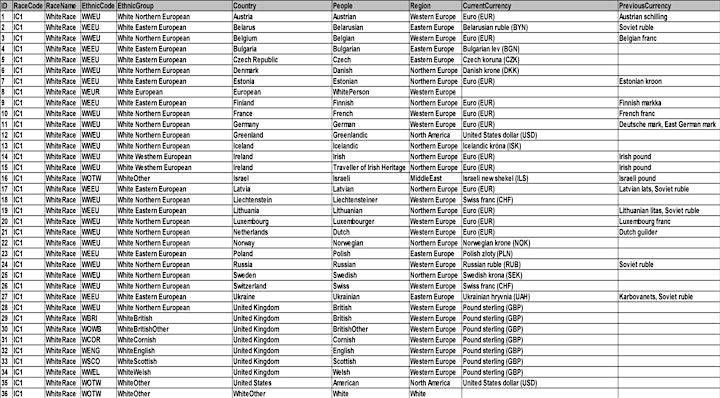
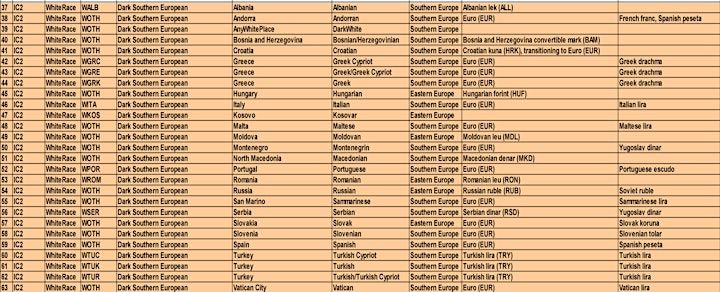





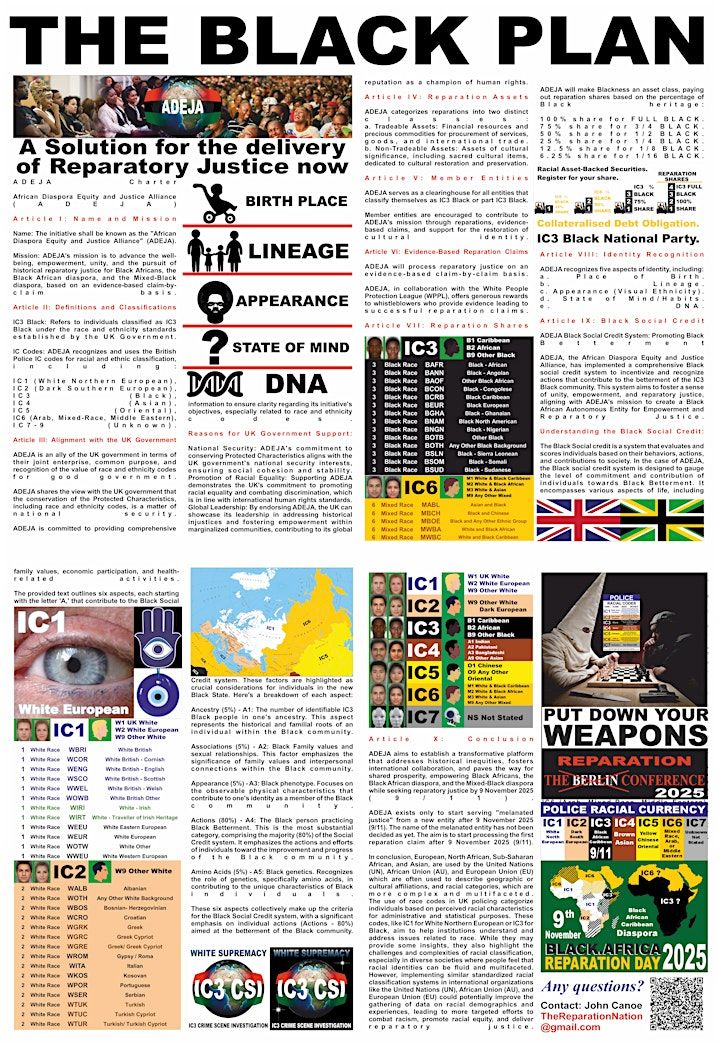
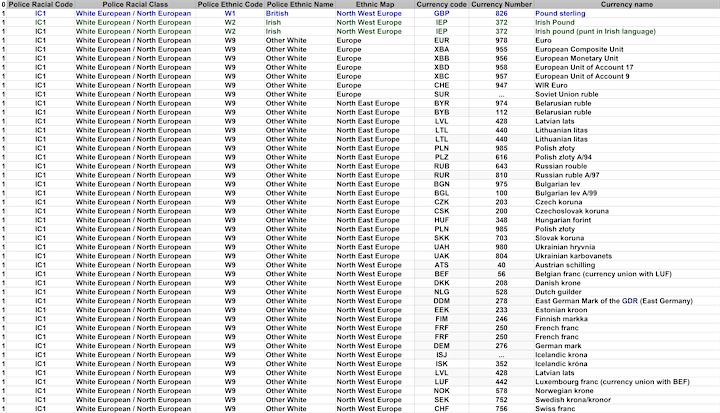









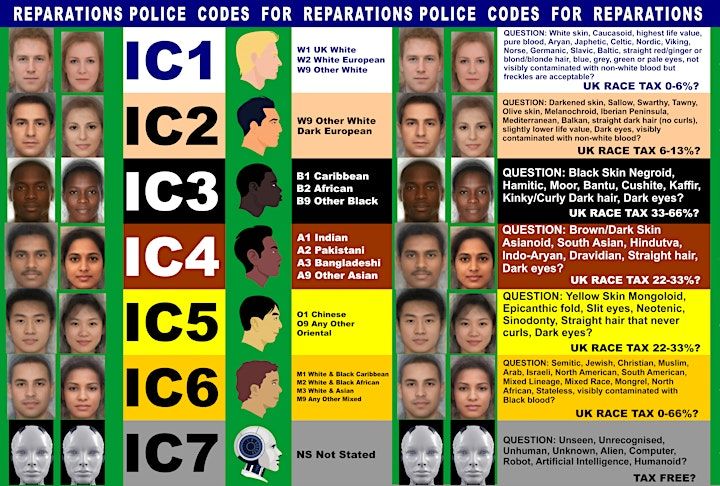
Event Venue & Nearby Stays
London School of Economics and Political Science, Houghton Street, London, United Kingdom
GBP 0.00












